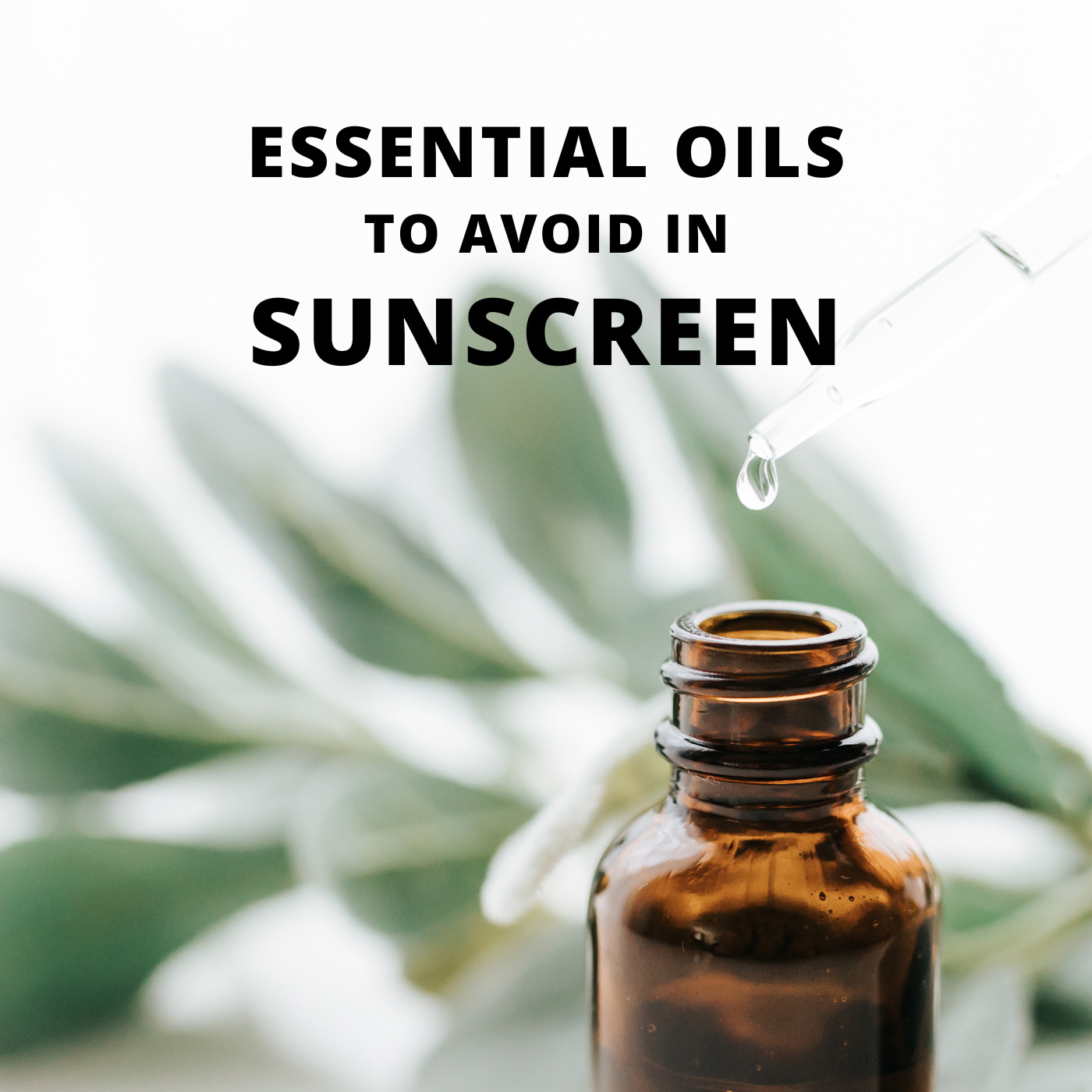We like natural products, plant based ingredients in our skincare products. But are they good things to have in your sunscreens?
Wait, aren’t plant based ingredients good for your skin?
True, having a lot of natural content in your personal care products, ensures that the product is biodegradable, and therefore ecofriendly. However, plant ingredients are not inert – they have active and reactive properties, which allow them to suit certain products. But also makes it possible for these plant based oils and extracts to be harmful ingredients in certain other products.

Sunscreens are the perfect example of this paradox. We all know that the best ever self care that you can do for your skin is to use sunscreen regularly. Sunscreens protect us from UV rays but can also protect us from a more extended spectrum of light, depending on their features. Sunscreens protect us from UV rays in one of two ways – chemical sunscreens absorb light energy, and physical sunscreens scatter the light away.

Adding some plant based additives to the sunscreens can increase the SPF of the sunscreen and boost the sun protection. In particular, if one were to randomly Google, you would find a lot of natural oils and essential oils that are suggested as alternatives to sunscreens. But the truth is that many essential oils are photosensitizers. In other words, your essential oils may make you more prone to photodamage!
Here are 5 essential oils that should absolutely not be in your sunscreen.
Bergamot Oil: This essential oil is obtained from Bergamot oranges and is commonly used in fragrances. However, it is a known photosensitizer. In fact, there is a particular kind of skin allergy called Berlocque dermatitis, which is a skin reaction to Bergamot oil in fragrances.
Having Bergamot oil in a sunscreen product is considered a wrong practice, by cosmetic formulation authorities, due to its photosensitivity. Bergamot oil is not to be used in products that are left on sun exposed skin. Despite this, there are some sunscreens that contain bergamot oil: they do so to increase skin tanning for future sun protection by increasing skin darkening. This is hardly the effect that anyone wants when they are using sunscreen to prevent tanning.
So stay away from any sunscreen containing bergamot oil if you wish to avoid sun tanning and photosensitivity!

Lime Oil: The second offending essential oil on our list is lime oil. Lime oil is a known phototoxic and photosensitizing agent as it contains an agent called oxypeucedanin, which can cause skin tanning and pigmentation, even without any skin reddening or pigmentation. Cosmetic formulation regulatory bodies strictly advise that lime oil should not be used in skincare products for use on sun exposed skin.
If you are using a sunscreen containing lime oil and notice skin darkening, the culprit is this essential oil. Avoid sunscreens containing lime oil if you are working to protect your skin from sun tanning and pigmentation.
In general, most citrus essential oils have some phototoxic reactions. Again, not all plant extracts are phototoxic, but cold pressed essential oils tend to be more reactive than oil extracts which in turn are more sensitizing than the aqueous juice, which again, is more photosensitizing than the butter form of the citrus fruit, which can be said to be inert.

And the next one on the list, is …wait for it…Turmeric Essential Oil!
Turmeric Essential Oil: Though widely considered beneficial for skin, turmeric in sunscreens may be a bad idea for preventing sun tan. The reason is this: turmeric and its extracts are known photosensitisers, and this particular property of turmeric is even being utilized for killing stuff, from bacteria to leukaemia cells. Photosensitivity reactions have been reported due to application of plain turmeric paste on sun exposed areas. And photosensitizers are a strict no-no in sunscreen products, which are used on areas that are likely to be exposed to sunlight.
While the skin healing and anti-inflammatory properties of turmeric are well established in wound healing and similar indications, turmeric essential oil is not an ideal ingredient in skin care.

Lavender Essential Oil: While this is often used in sunscreens for its supposed calming effect as much as its fragrance, lavender oil is under the scanner for having potential endocrine disrupting properties. So this is one oil you definitely must avoid in your long wear skin care, like, yes, sunscreen!

Peppermint oil: This oil is a known skin irritant, and its use in products that are left on the skin, particularly sunscreens, is usually not recommended. Considering that sunscreens are also meant for use around sensitive areas around the eyes and the mouth, peppermint oil is best avoided in your leave on skin care.

One common point you may have noticed is that most of these are essential oils. It seems that a good part of the photosensitivity is related to the process by which essential oils are extracted from the plants. In fact, plant extracts differed in their photosensitization potential depending on the type of processing. But to keep it simple, you can start by avoiding sun care products that contain the above ingredients!
Check out the label on your sunscreen product today, make sure your sunscreen is super safe for you, and get recommendations for the best sunscreens in India, right here using the sunscreen selector tool!
You might also like to read
- What are the disadvantages of sunscreen for skin?
- Is sunscreen good for your face?
- Do we need sunscreen for babies?
- The Complete Sunscreen Guide - How to choose the best sunscreen?
- 10 sunscreen facts that will surprise you!
- Are you looking for a pregnancy safe sunscreen? Here’s how to identify one.
- 2 minute quick guide to sunscreens
- Sunscreens and expiration date!
- How to read the label of your sunscreen?
- All about SAFESCREEN® sunscreens!
